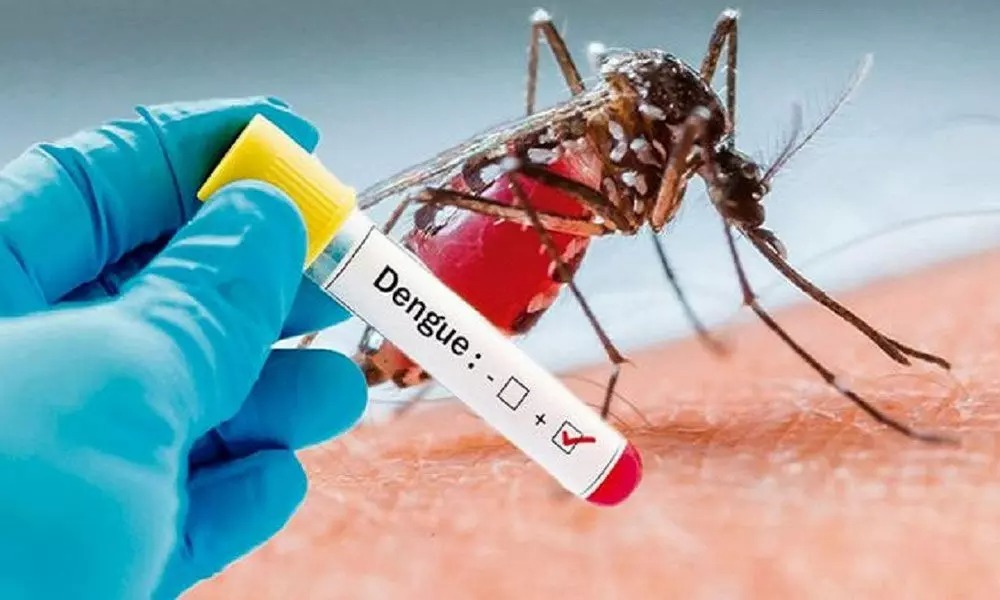New Delhi, October 02: The state of Telangana has been rocked by the tragic death of a 10-year-old girl due to dengue fever. This unfortunate incident has once again highlighted the serious health risks associated with this mosquito-borne disease, particularly the rapid decline in platelet count that can lead to severe complications.
Understanding Dengue and Platelets
Dengue, transmitted by the Aedes aegypti mosquito, is a viral illness that can cause a range of symptoms, including fever, headache, muscle and joint pain, nausea and vomiting, and a rash. One of the most dangerous complications of dengue is dengue hemorrhagic fever (DHF), which can lead to severe bleeding and a drop in platelet count.
Platelets are tiny blood cells that play a crucial role in blood clotting. When platelet count drops significantly, it can lead to bleeding and bruising, which can be life-threatening in severe cases.
How Platelet Count Drop Affects the Body
A drop in platelet count can affect the body in several ways:
1. Bleeding: A low platelet count can cause excessive bleeding, both internally and externally. This can lead to symptoms such as nosebleeds, gum bleeding, easy bruising, and bleeding from the gastrointestinal tract.
2. Organ Damage: In severe cases, bleeding can lead to organ damage, such as liver or kidney failure.
3. Shock: If blood loss is significant, it can lead to shock, a life-threatening condition characterized by low blood pressure and inadequate blood flow to the organs.
Managing Dengue and Platelet Count
The best way to prevent dengue is to take precautions against mosquito bites, such as using mosquito repellents, wearing protective clothing, and eliminating breeding grounds for mosquitoes. If you experience symptoms of dengue, it is important to seek medical attention immediately.
In cases of DN with a significant drop in platelet count, hospitalization may be necessary to monitor the patient’s condition and provide appropriate treatment. This may include blood transfusions or medications to help manage bleeding.
The Importance of Early Detection and Treatment
Early detection and treatment of dengue are crucial to prevent severe complications. If you or someone you know experiences symptoms of dengue, it is important to see a doctor as soon as possible.
The tragic death of the 10-year-old girl in Telangana serves as a reminder of the serious health risks associated with this moqto-borne disease’s fever. Follow this space to stay updated with all the latest health news and developments from around the world.

